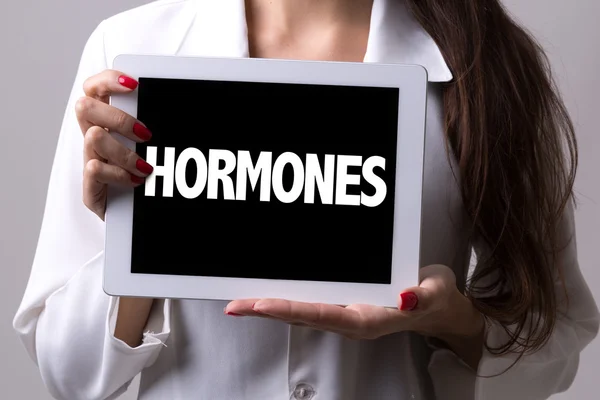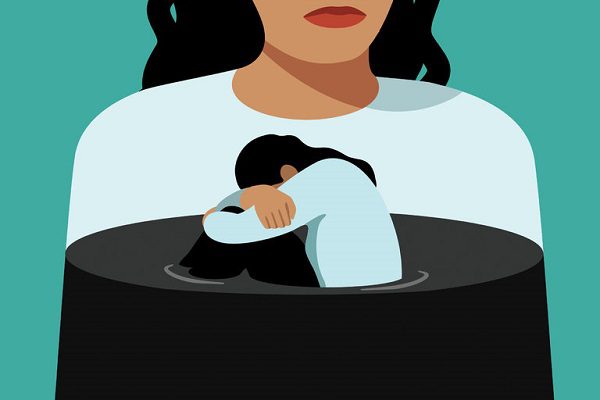Depression is a common mental health disorder that affects millions of people worldwide. While the exact cause of depression is unknown, several factors are known to contribute to the development of this condition. Hormonal imbalances are one such factor that can lead to depression.
What are Hormones?

Hormones are chemical messengers that regulate various bodily functions such as growth and development, metabolism, and mood. The endocrine system produces and releases hormones, which travel through the bloodstream to target cells and organs. Hormones play a crucial role in maintaining the body’s balance and overall health.
The Link Between Hormonal Imbalances and Depression
Several hormones are associated with mood regulation, including serotonin, dopamine, and cortisol. When these hormones are imbalanced, it can lead to depression and other mental health disorders. For instance, low levels of serotonin, a neurotransmitter that regulates mood, can lead to depression, anxiety, and other mood disorders.
Similarly, high levels of cortisol, a hormone released in response to stress, can lead to depression. Chronic stress can cause persistent high levels of cortisol, which can affect the brain’s function and lead to depression and other mood disorders.
Hormonal Imbalances and Depression in Women

Women are more likely to experience hormonal imbalances due to various factors such as menstruation, pregnancy, and menopause. Hormonal imbalances during these phases can lead to depression and other mood disorders.
For instance, premenstrual syndrome (PMS) is a common condition that affects many women. It is caused by hormonal fluctuations during the menstrual cycle and can lead to mood swings, irritability, and depression. Similarly, postpartum depression is a type of depression that affects women after childbirth due to hormonal changes.
Treatment for Hormonal Imbalances and Depression
Treatment for hormonal imbalances and depression depends on the underlying cause and severity of the condition. In some cases, lifestyle changes such as exercise, a healthy diet, and stress management techniques can help improve hormonal balance and alleviate depression symptoms.
In other cases, medication such as antidepressants or hormone therapy may be necessary to treat hormonal imbalances and depression. Psychotherapy and counseling can also be helpful in managing depression and improving overall mental health.
Hormonal imbalances can have a significant impact on mood and overall mental health. Understanding the link between hormonal imbalances and depression is crucial in managing and treating this common mental health disorder. If you are experiencing symptoms of depression or suspect a hormonal imbalance, it is important to seek medical advice and treatment.

